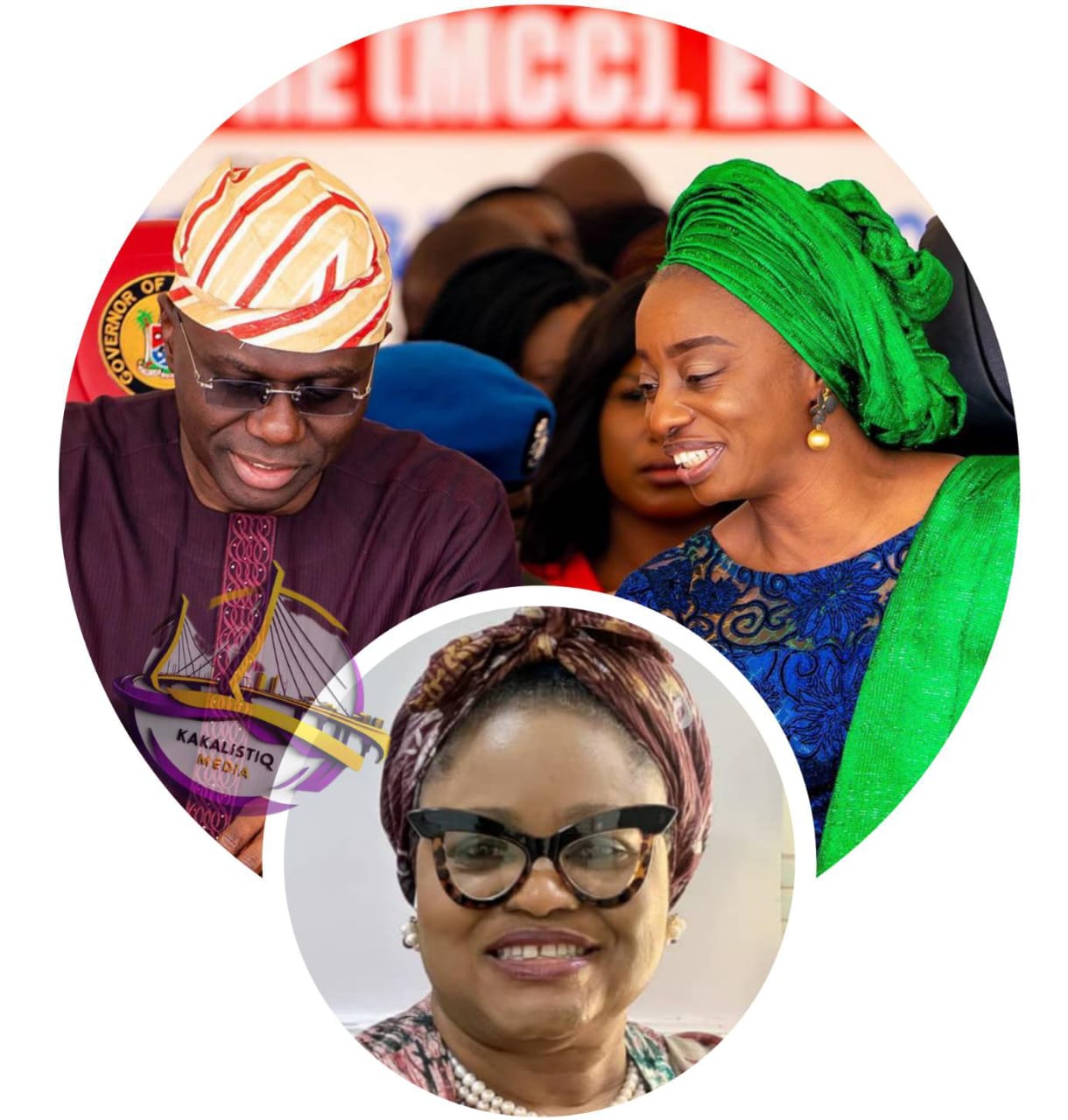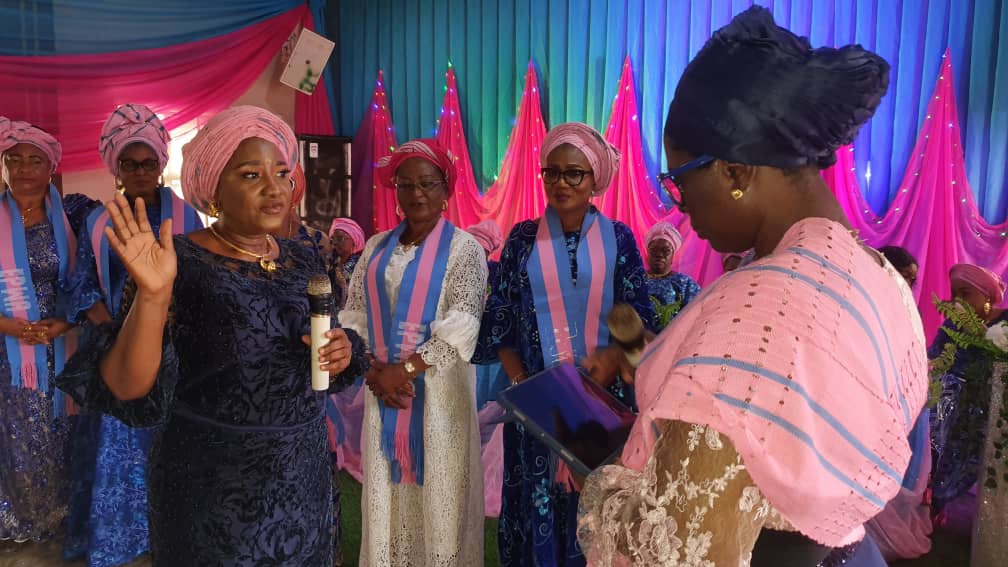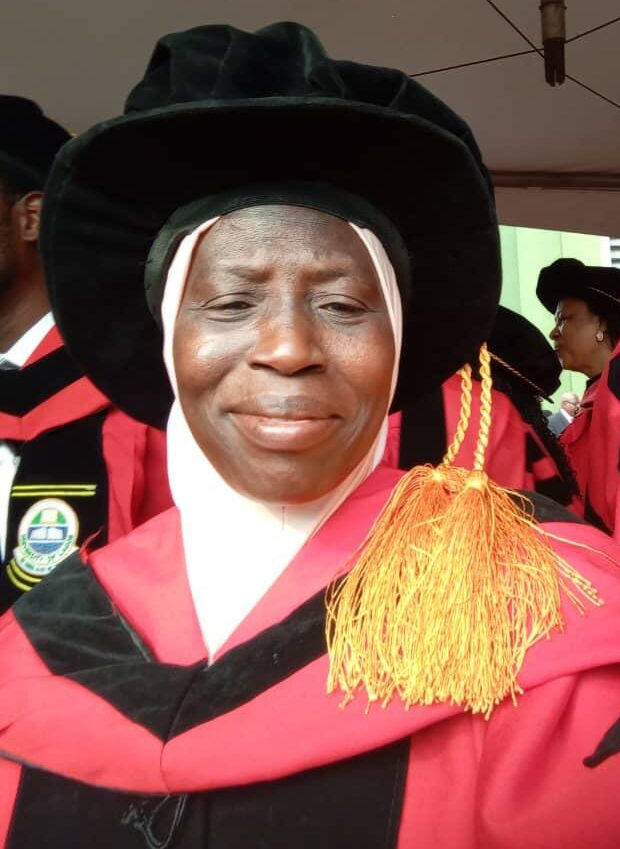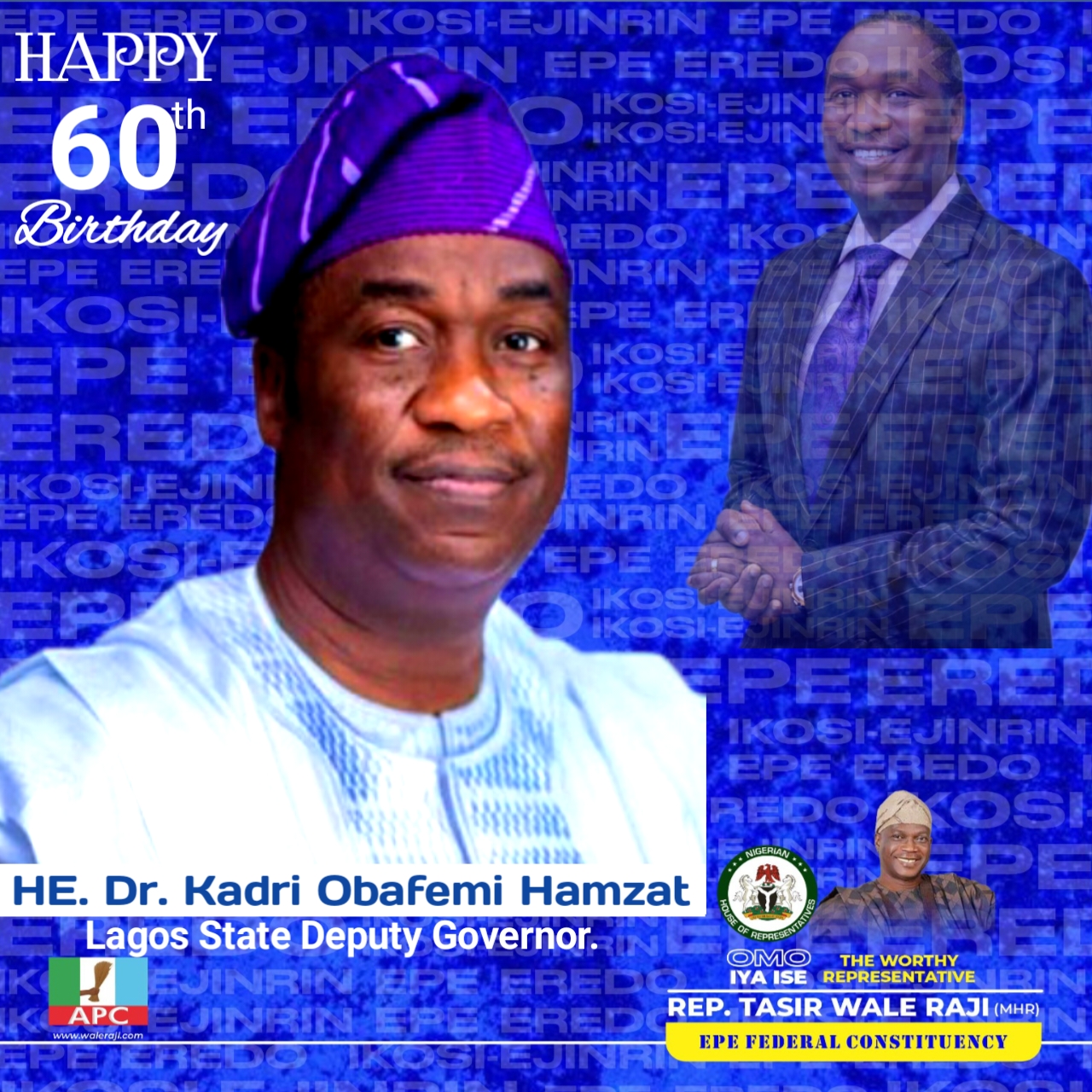In a nation still grappling with the challenges of modernizing its identity systems, Lagos State stands remarkably ahead, not by chance, but through purposeful alignment of leadership, institutions, and innovation.
This truth echoed powerfully as Barrister Olayinka Oladunjoye, the National Population Commission (NPC) Commissioner representing Lagos, held an extensive interactive session on Lagos Traffic Radio on Wednesday to promote the E-Civil Birth Registration initiative. She was joined by a team of NPC officials including State Director, Bamidele Sadiku; HOD Technical, Olamide Adekoolu; Head, CRVS, Mabel Okoye; and PRO, Susan Nwagu.
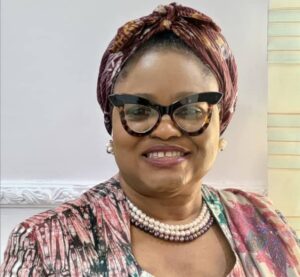
What emerged was not just a policy explanation but a heartfelt tribute to the ecosystem of collaboration driving the success of this transformative program.
From the outset, Oladunjoye’s tone carried gratitude and conviction. She made it clear that the groundbreaking digital birth registration platform owes much to the political commitment at the state’s apex. The initiative, she said, was “unanimously approved and supported by Governor Babajide Sanwo-Olu,” emphasizing that the First Lady had “been there for us” throughout the process. This level of executive backing, she noted, created the enabling environment for the Commission to “bask in the euphoria of the publicity and successful launch.”

The Commissioner’s detailed breakdown revealed the depth of work behind the scenes. The E-Civil Birth Registration platform, she explained, is a product of the NPC’s mandate to maintain comprehensive records of births, deaths, and migration, now modernized into a digital format that, in her words, is “of international standard.” The platform solves long-standing challenges with manual records: loss, retrieval delays, and inaccuracy. Now, “you can register anywhere in the world, you can get data real time,” and each registered child “can be given an identity and monitored.” She added a crucial detail: “When a mother gets an NIN, the child has theirs automatically.”
Oladunjoye’s praise extended widely to partners who converted policy into real work. NIMC, ALGON, UNICEF, local governments, PHCs, CDAs, and CDCs all received recognition. “We’re limited in resources and outreach,” she admitted candidly, noting that LGs and ALGON had been instrumental in decentralizing operations. UNICEF’s contribution was particularly visible in training support, human resources, and the provision of specialized tablets critical for data collection. Even community structures, League of Imams, CAN, and other grassroots networks, were highlighted as vital to the program’s growing acceptance.
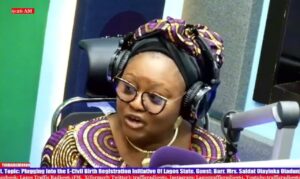
The Commissioner shed light on the practical aspects of the process: NPC implements both active and passive registration. Officials go into communities themselves, even though PHCs and LGs serve as fixed bases. Parents, she explained, simply tender birth notifications, confirm details with NPC staff, and within “15-20 minutes, you’re done. It’s free.” The only fee applies to replacement certificates, where “a token will be paid.”
The benefits, she stressed, extend far beyond documentation. “E-Civil Birth eliminates fraud,” she said firmly, ensuring identity integrity and aiding long-term planning for schools, hospitals, markets, and other public infrastructure. The linkage with NIN is key: “Through NIN, such issues cannot emanate. That’s the beauty of our relationship with NIMC.”

Lagosians appear to be responding with enthusiasm and trust. The Commissioner revealed that the state met its target from the previous year with “over 150,000 registration done.” Equipment has been deployed to “377 wards,” and birth-notification systems are integrated with immunization records across “329 public health registration centers.” The long-term goal aligns with global development priorities: meeting the Sustainable Development Goals by ensuring that “every child should be visible” before 2030.
The state now targets more than “500,000” registrations, focusing on infants under 12 months before the first quarter of 2026. Though last year’s effort concentrated on children under five, she clarified that older children are still eligible: “The targets don’t stop others.”

The session also allowed Lagosians to voice concerns. Residents from Ojo, Shomolu, Ikeja, Isolo, and beyond called in. To questions on mobile registration, Oladunjoye affirmed: “It can be done on the phone,” though certificates are manually collected for now. On old certificates: “They don’t need to be changed, all the old ones have been integrated.” For name corrections: “The e-civil birth certificate is so robust” that errors can be fixed easily.
On fraud prevention, she reiterated: “The elimination of forgery or fraud is the basis of the e-civil birth registration.”
As the session drew to a close, she left listeners with a reminder that blended both duty and foresight: “Register newborn babies because an unidentified child remains anonymous, every child should be visible.”
In Lagos, the message is unmistakable: With strong leadership, strategic partnerships, and a shared vision, digital identity is no longer a distant aspiration, it is becoming a lived reality.

